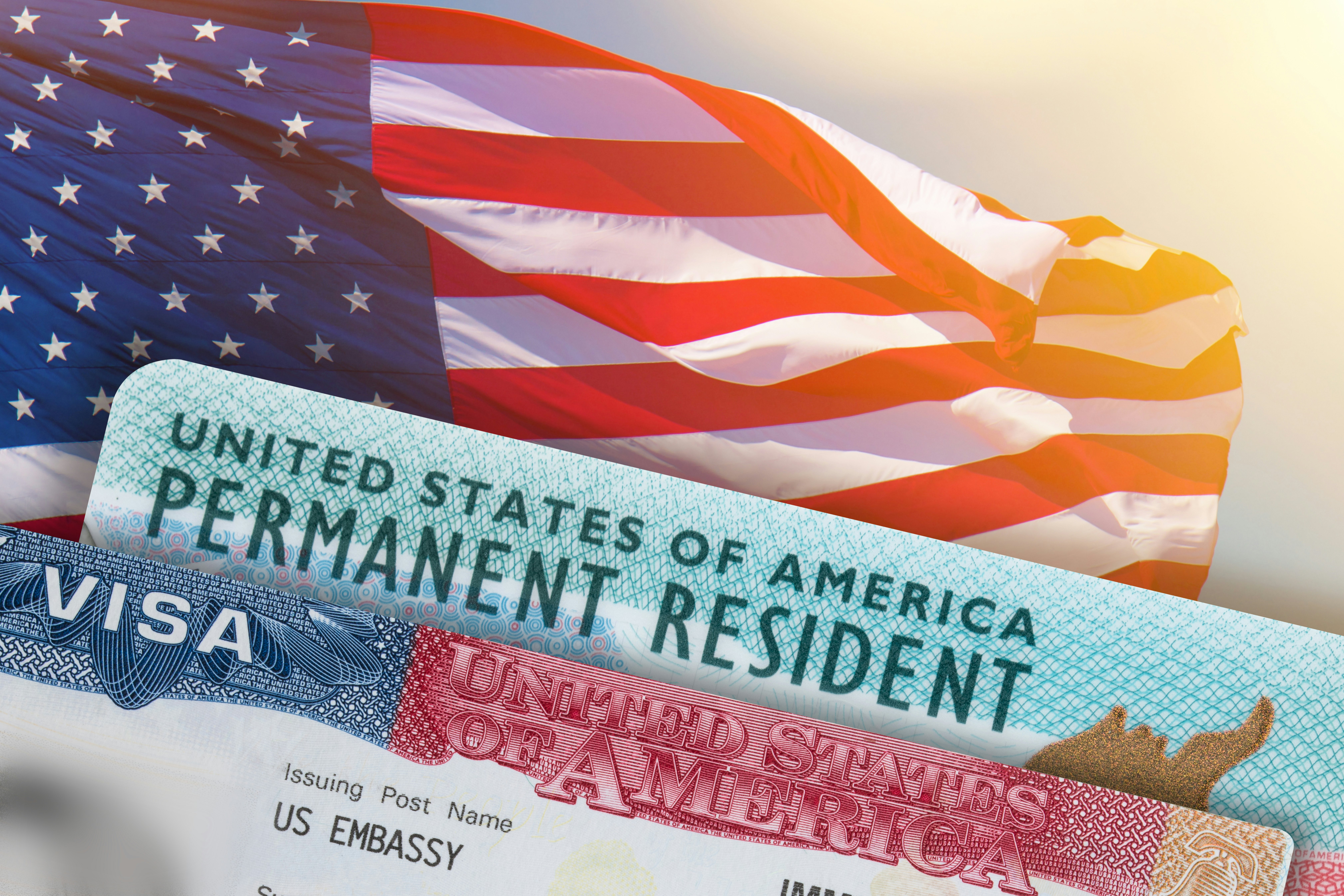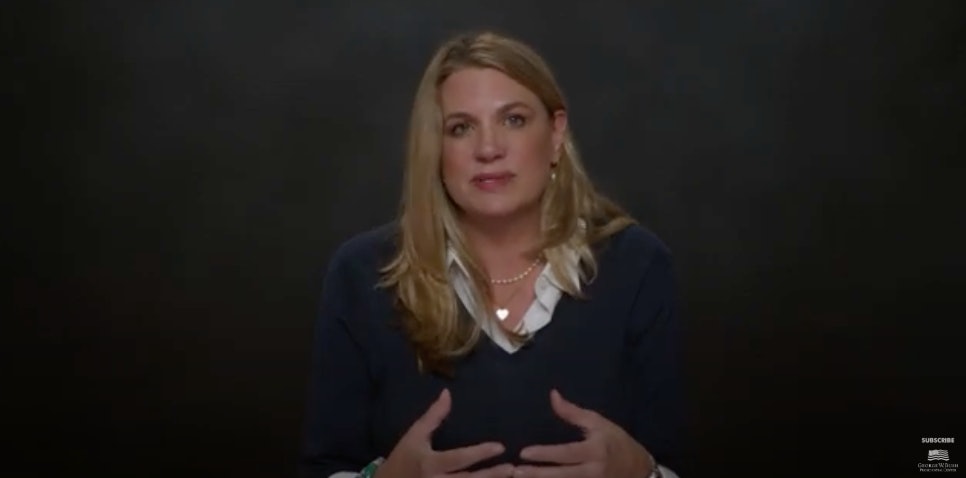About 11% to 20% of veterans who served in Operations Iraqi Freedom and Enduring Freedom experience post-traumatic stress disorder (PTSD), a mental health condition that can affect both emotional well-being and cognitive functions, according to the U.S. Department of Veterans Affairs.
Veterans need to know that they’re not alone. Reaching out to friends, family, or support groups like Check-In – a resource that provides no cost access to high-quality and personalized mental and brain health care– can provide validation, empathy, and a sense of community. Connecting and checking in with peers who’ve faced similar challenges is essential for healing.
June is PTSD Awareness Month, a time to increase an understanding of the disorder and how it affects the lives of roughly 13 million Americans. While PTSD can affect anyone who experiences trauma in their lives, military service members and veterans are more exposed because of the nature of their work. Resources like Check-In, powered by the Veteran Wellness Alliance, can help.
But first, we need to better understand PTSD by exploring its common signs and encouraging those affected to seek care. Veterans with PTSD commonly struggle with attention, memory, and essential daily tasks. These challenges can significantly hinder work performance and relationships.
Veterans with PTSD are more likely to experience cognitive impairments than those without PTSD, studies consistently demonstrate. These impairments can often go unrecognized and be put off as common, everyday difficulties in concentration, memory recall, and decision-making. Veterans may face additional challenges in maintaining effective work and social relationships due to their symptoms.
An alarming 70% to 91% of individuals with PTSD report sleep problems, including nightmares, insomnia, and restless sleep. These sleep disruptions further impact their overall quality of life and daily functioning.
Chronic headaches and migraines are also common among veterans with PTSD. These physical symptoms can exacerbate the emotional and cognitive burden, making it even more challenging for veterans to cope with their condition.
Major disruptive life events, such as break-ups, loss of loved ones, or job loss, can trigger PTSD. The emotional aftermath may include feelings of anger, sadness, and being overwhelmed, which can lead to thoughts of self-harm or even suicide. While most people think of combat trauma as the cause of PTSD, a significant portion of cases among veterans come from noncombat-related trauma, such as military sexual trauma or witnessing a friend’s death. Noncombat trauma can lead to the same symptoms as combat trauma and result in isolation and feeling alone, frustrated, or overwhelmed.
But help is out there, and seeking it isn’t a sign of weakness; it’s a courageous step toward healing.
Veterans can address their PTSD symptoms by connecting with peers who understand their experiences and finding healthy outlets for dealing with their emotions. As we conclude PTSD Awareness Month, it’s essential to recognize that this issue is always with us. We must remain watchful, whether we experience PTSD ourselves or support a loved one who has PTSD. By collectively acknowledging the signs and symptoms, we can address them proactively rather than waiting until a crisis is closer.
Whether striving to improve your mental well-being or simply live a healthier life, don’t hesitate to reach out. Together, we can create a supportive community that will make a difference for those who have served our nation in uniform.
This piece was originally published on the U.S. Department of Veteran Affairs VA News VetResources Blog































